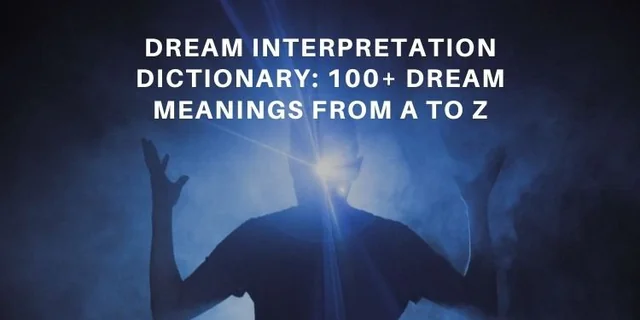Dreams have fascinated humanity for millennia, vivid dream ai serving as a window into our subconscious mind. Throughout history, various cultures have developed their own methods of dream interpretation, offering insights into the symbolism and meanings behind our nocturnal experiences. In modern times, dream analysis remains a popular topic, providing a valuable tool for self-exploration and psychological insight.
The Nature of Dreams
Dreams occur during the rapid eye movement (REM) stage of sleep, when the brain is highly active. This phase of sleep is characterized by vivid imagery and emotional intensity. Although dreams can be fleeting and often difficult to recall, they offer a rich tapestry of symbols, emotions, and scenarios that can be deciphered for deeper understanding.
Common Dream Themes and Their Meanings
- Being Chased: Dreams of being pursued often reflect feelings of anxiety or avoidance in waking life. The chaser in the dream may symbolize a real-life issue or a suppressed emotion that needs to be addressed.
- Falling: Falling dreams can indicate a sense of insecurity or loss of control. This type of dream might suggest that you are feeling overwhelmed by circumstances or facing a challenging situation where you feel powerless.
- Flying: Flying dreams are usually associated with a sense of freedom and liberation. They might represent an aspiration for personal growth or a desire to escape from constraints in your life.
- Losing Teeth: Losing teeth in dreams is a common motif that can signify concerns about appearance, aging, or self-esteem. This dream may also reflect feelings of powerlessness or a fear of being judged.
- Being Naked in Public: This type of dream can highlight feelings of vulnerability or embarrassment. It might suggest a fear of being exposed or judged in a personal or professional context.
Techniques for Interpreting Dreams
- Keep a Dream Journal: Recording your dreams as soon as you wake up can help you remember them more clearly. Note any recurring themes, emotions, or symbols, and reflect on their possible connections to your waking life.
- Analyze Symbols: Pay attention to the symbols and imagery in your dreams. Different symbols can have personal meanings, so consider how they relate to your experiences, emotions, and current life situations.
- Consider Emotions: The emotions you experience in a dream can provide clues about its meaning. For instance, feelings of fear or joy in a dream might be connected to similar emotions you are experiencing in real life.
- Reflect on Recent Events: Dreams are often influenced by recent experiences or stressors. Reflecting on your recent life events can provide context for understanding the themes and messages in your dreams.
- Seek Professional Guidance: If you find that your dreams are particularly distressing or if you want a deeper analysis, consider consulting a psychologist or a professional dream analyst who can provide personalized insights.
The Role of Dreams in Self-Discovery
Dreams offer a unique perspective on our inner world, allowing us to explore our subconscious thoughts and feelings. By interpreting dreams, we can gain insights into our desires, fears, and unresolved issues, leading to greater self-awareness and personal growth.
While dream interpretation is not an exact science, it remains a valuable tool for understanding the complexities of the human psyche. Embracing the symbolic language of dreams can enhance our self-awareness and contribute to a deeper understanding of ourselves and our experiences.

